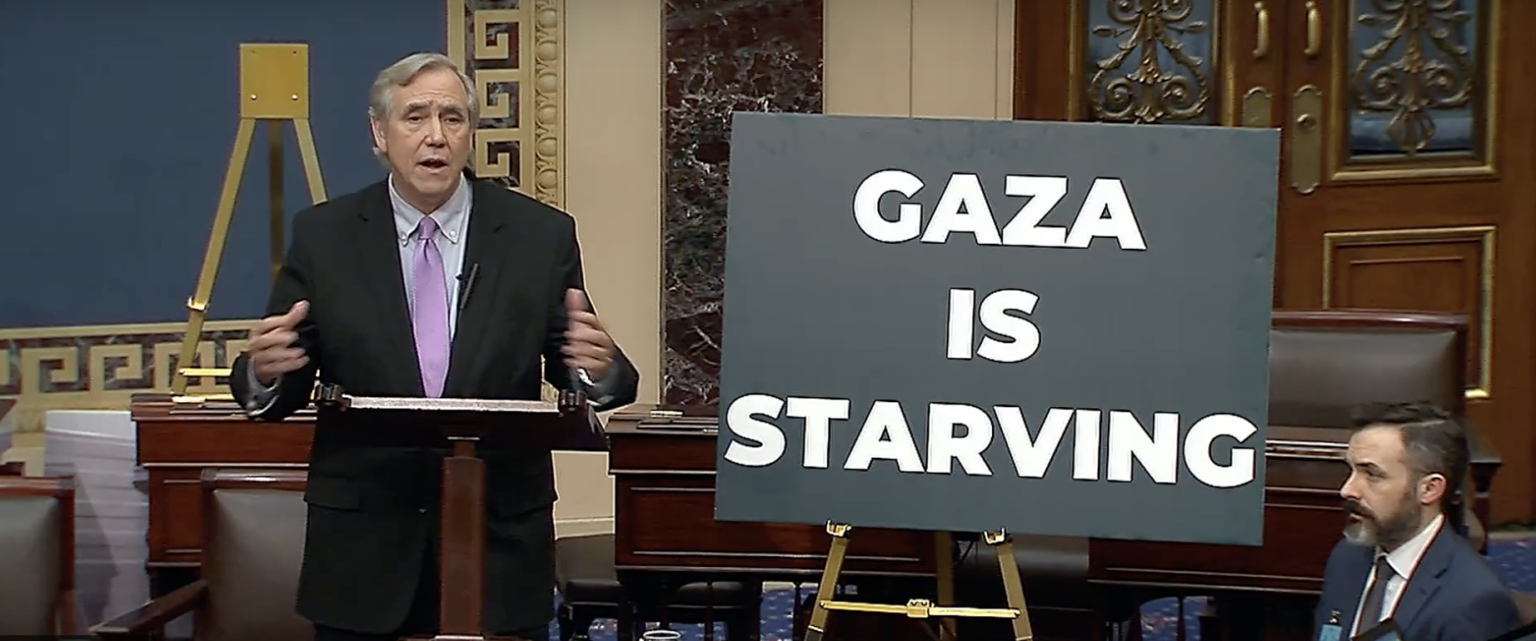Opinion: Democrats in the Legislature should use their majorities wisely.
Published 5:00 am Tuesday, January 21, 2025

- HAYNES
Oregon Democrats are in a much different place, politically, than their national brethren.
Trending
The 2025 Oregon legislative session, which kicked off this Tuesday, sees Democrats holding all the levers of power. They have the governorship and supermajorities in both the House of Representatives and the Senate.
And here’s my wish for Democratic lawmakers.
You have your supermajorities. Don’t abuse them.
Trending
A quick explanation: In Oregon, if your party has 60% or more of seats in either chamber, you have a supermajority, which allows you to raise revenue. That means you can pass money-raising legislation without the assistance of the Republicans.
In the House, the Dems have 36 out of 60 seats, leaving Republicans in the minority with 24 seats. In the Senate, Democrats have 18 out of 30, leaving the other 12 to the GOP. Both hit that 60% threshold.
So Democrats could, if they choose, bulldoze money-raising legislation into law. Several of the 2,284 bills under consideration, this session would do just that: cost more of taxpayers’ cash.
The Democrats could do that. But it’d be a short-sighted way to govern.
One of the biggest priorities for the 2025 session is a significant package of statewide transportation improvements. It’s expected to cost upward of $5.3 billion.
I’m all in favor. We have to take care of our highways and bridges. This is great.
However, I also covered the Legislature in 2017, the last time that body put together a major transportation package. Democrats had the majorities that year, too.
That bill raised $5.3 billion over a seven-year period through increases in the gas tax, registration fees, and new taxes on payroll, as well as new vehicle purchases and bicycles priced more than $200.
It was followed by months of a statewide road show. The lawmakers on the transportation committees toured Oregon to learn what Oregonians wanted. They targeted Democratic regions like the Portland metro area, but they also targeted Eastern, Southern and Central Oregon and coastal communities.
In other words, they worked hard to find out what would pass muster in the reddest of Oregon’s counties.
And, from my perspective, that package of bills was a resounding success.
It wasn’t uncontentious. The committee met for four hours on a Saturday in 2017 to grouse about the 295-page bill and the sausage-making that went into it. To the consternation of some Portland-area lawmakers, $20 million got lopped off the grandiose original plan.
But it also drew praise from Republican lawmakers who said they felt heard.
“This is a once-every-10-year exercise,” said then-Rep. Cliff Bentz, an Ontario Republican. He told me at the time, “It will take another decade to do another package this aggressive.”
Bentz now is part of Oregon’s Congressional delegation.
Another Republican no longer in the Legislature, Rep. Richard Vial of Scholls, told me, “As painful as it is, the process works… I was hoping for this much but couldn’t imagine it.”
Now, I grant you: to make up for the $20 million cut from the package, the Oregon Department of Transportation was tasked with studying the idea of tolling on Interstate 5 and Interstate 205. If you’ve paid any attention to Oregon transportation news in the last two years, you know how resoundingly unpopular tolling is. The uproar was so bad that Gov. Tina Kotek has tabled the idea.
(Side note: In 2024, Katy and I got to take a driving trip through Northern Italy. The highways there are well-maintained, and the signage is excellent. And they are tollways. Those things are not a coincidence. Tolling here wouldn’t be the end of the world, folks, but that’s a column for another day.)
The hard work that preceded the 2017 vote was essential. Democrats didn’t try to shove funding bills down Republicans’ throats. They worked with Republicans well in advance and made sure their interests were expressed in the bills. And because Democrats and Republicans took part in weeks of the road show town halls around the state, they understood each other better.
One Republican lawmaker at the time told me he was all in favor of widening I-5 in Portland. I don’t remember the lawmaker’s name, and I never quoted him in my story at the time, but the gist of his comment was, “If there’s a bottleneck on I-5 in Portland, a truck with apples from my county is stuck in it, trying to get to the port to sell those apples overseas. Solving that Portland traffic jam is in my best interest.”
I was pleased to see that, in May 2024, Oregon legislators again staged a listening tour of the state to discuss transportation, with stops in Tillamook, Albany, Coos Bay, Ontario, Hermiston, Bend and The Dalles. That was smart, and I hope it pays off for this session the same way it paid off in 2017.
Whenever the Legislature tries to do a really big thing without bipartisan outreach, the effect is never as sturdy as when they actually do the outreach. It’s better for all of Oregon when they act on behalf of, well, all of Oregon.
And working on behalf of all of Oregon goes for the Republicans, too. Please, please tell us that the policy of long walkouts — of just not showing up to do your job — is over. We saw that tactic scuttle the Legislature for several years in a row. I ask that Democrats respect their Republican counterparts, but I ask Republicans to do the same. It goes both ways.
So, as the long, 160-day session begins in Salem, I strongly urge those in leadership to keep that bipartisanship in mind. One side has supermajorities, and the other side has mass walk-outs. And yes, both sides could wield them like a cudgel.
But y’all would be so better off if you didn’t.
Want to know who your senator and representative are? Go to the Legislature’s homepage, oregonlegislature.gov. On the righthand side, you’ll spot a box labeled “Find Your District and Legislators.” Type in your address and you’ll find your state lawmakers, maps of your House and Senate districts, plus your member of the U.S. House of Representatives. (But not U.S. senators; those are Sens. Ron Wyden and Jeff Merkley for everyone in Oregon.)







